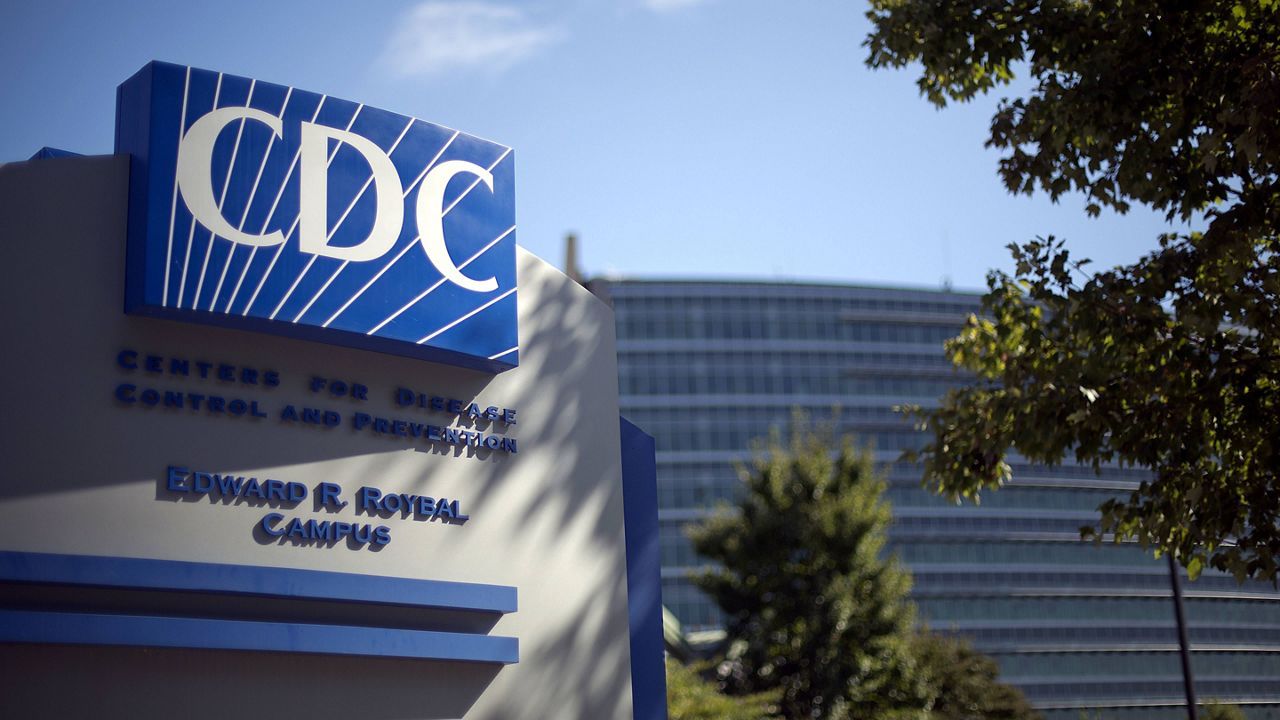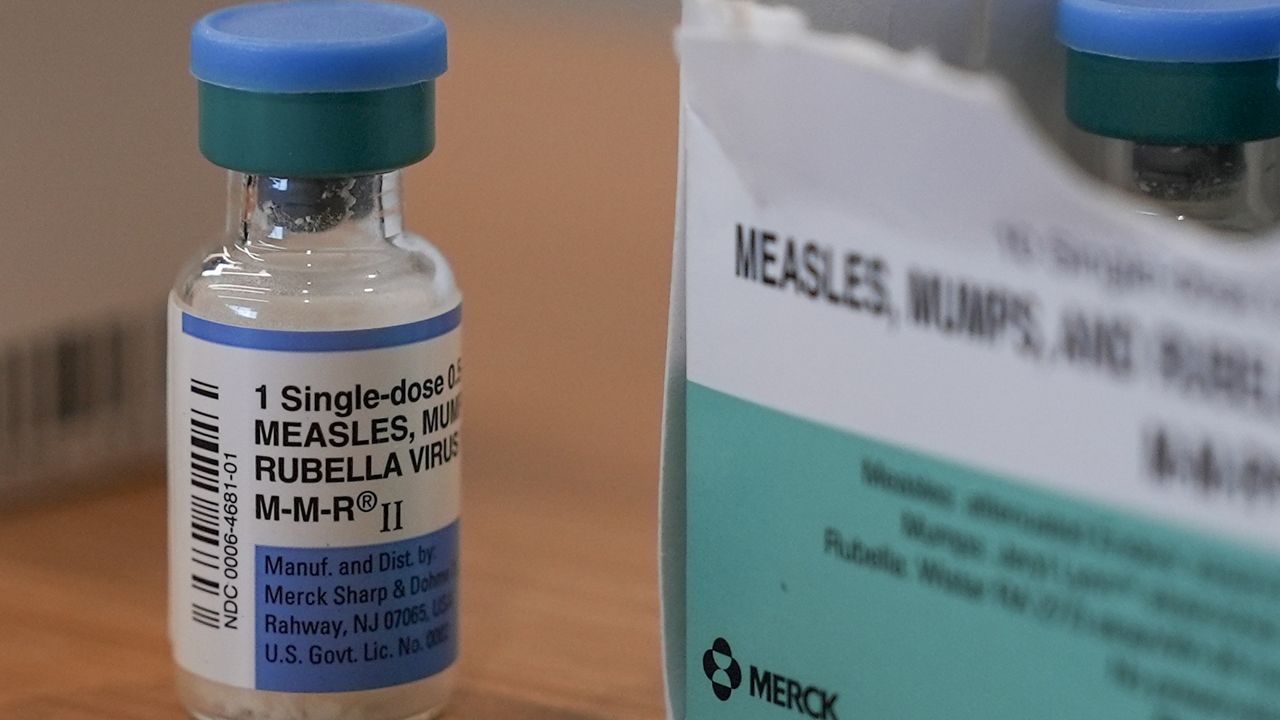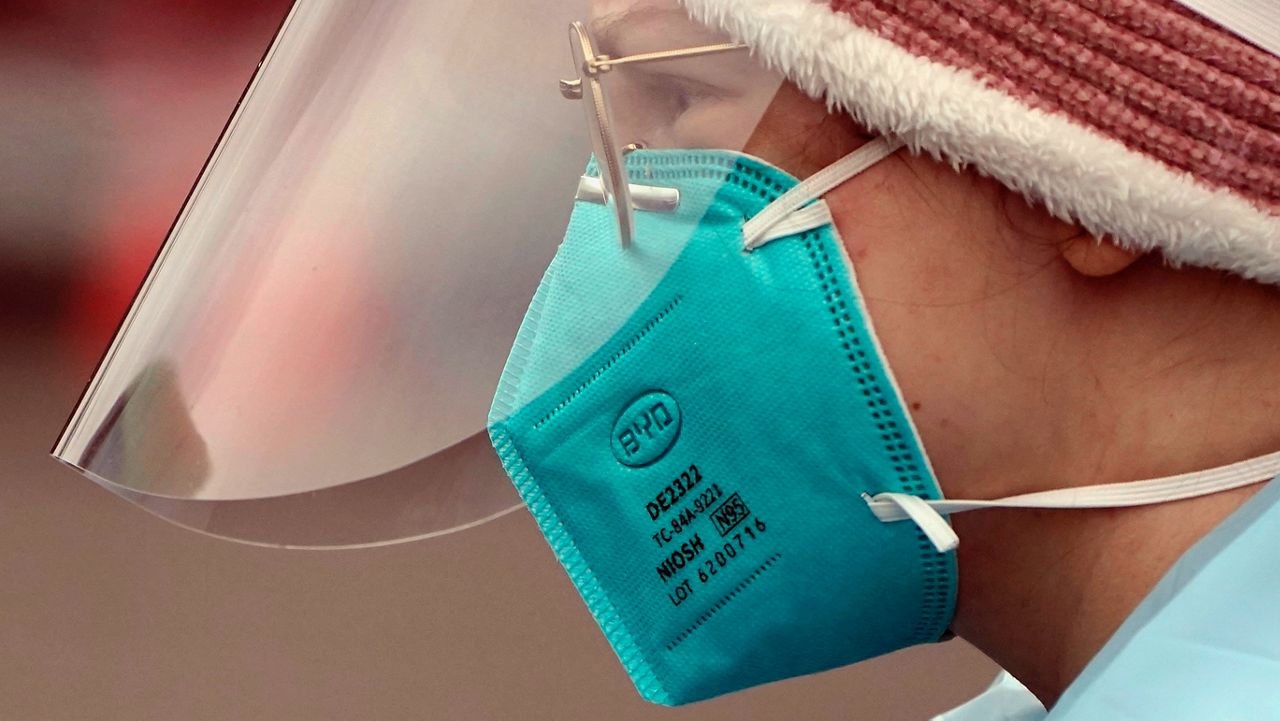Taking a patient's blood pressure is something home health aides do pretty regularly.
"Keep the pressure regulated," certified home health aide Denise Glenn said as she checked the blood pressure on a dummy. “You don't want it too high, you don't want it too low."
Glenn has a renewed sense of the importance of her job after taking a course that specializes in how to help her patients be healthier, from reminding them to take their medication to teaching them about maintaining a healthy diet and identifying the warning signs for heart failure.
"Sodium is very important to monitor because it causes fluid retention. So this is something I learned," Glenn said.
Madeline Sterling, a physician and researcher at Weill Cornell Medicine, started the program.
"In my research we found that home health aides haven't received formal training on heart failure which we thought was a major gap," Sterling said.
In a study, Sterling found 60% of home health aides report treating patients with heart failure. Despite their integral role in this type of care, many don't get this specific type of training. Sterling found of the more than 300 aides she surveyed, two thirds lacked heart failure training. She knew she wanted to change that. Since August 2020, dozens of aides have taken the course sending new skills back to families seeking care.
"Actively keeping an eye on their symptoms in the home if something changes, knowing when to call for help or seek medical care," Sterling said, listing things aides can teach their patients to prevent severe cases. "Another thing is keeping a healthy diet, getting regular physical activity."
Glenn has worked close to 30 years in the business, but feels there's always more to learn.
"The knowledge helps me to keep them on track," Glenn said of his patients.
A clinical trial in the works is monitoring the success of the course so that aides like Glenn can continue to thrive.
If you want to learn more visit MadelineSterling.com, or email training@1199funds.org.









